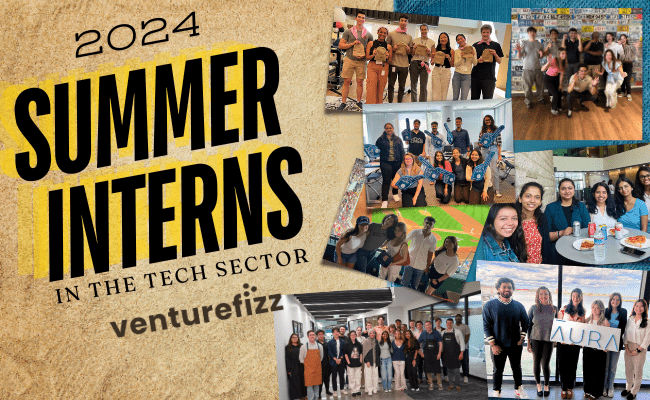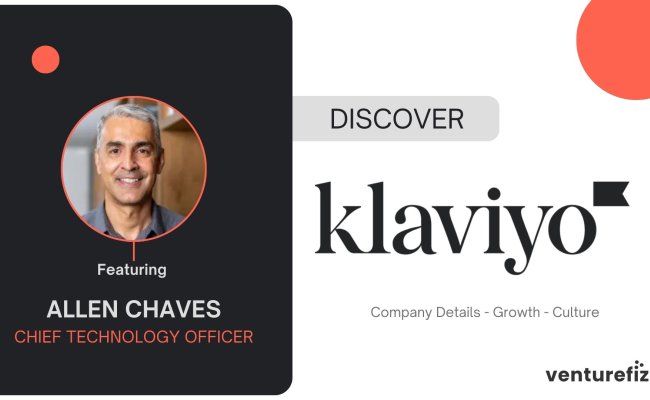Our Black in Tech series features the career path & advice from Black professionals in the tech industry. In this Q&A, Andy Pamphile, Senior Treasury Analyst at Klaviyo shares his story.
Let’s start at the very beginning - where did you grow up and how would you describe yourself as a child?
I grew up in Boston, split between Mattapan and Hyde Park neighborhoods. As a child, I was always very inquisitive. I was fascinated with how things worked and would take things apart and fix them. You can only imagine how frustrated my parents would be when my toy cars, bikes, and radios (dating myself here) would be found in pieces and left all over the floor.
What did you study in school and what was your first job upon graduating?
I started my undergrad as an engineering major, and when I quickly realized it was not for me, I pivoted to finance. I actually started down my career path a bit early as a bank teller at Bank of America. After college, I started a job at State Street to get a sense of the corporate side of banking.
What inspired you to get into the tech industry?
I remember when I was about 6 or 7 yrs old, we had an old school computer at home, and I would watch my dad play solitaire. You can imagine my inquisitive self wanted to know everything, so I imitated what I saw him do on the computer. Years later, I always found myself on cnet.com, random tech blogs reading up on the latest, or watching hours of YouTube videos of people doing reviews on software/hardware. At that point, I was completely sold!
What do you do at Klaviyo as Sr. Treasury Analyst?
As a Sr. Treasury Analyst, my primary job is to manage the company’s money. Specifically, maintaining liquidity to cover daily operations or finding ways to make our money make money.
As a Black professional, what factors have contributed to your success and what obstacles have you overcome in your journey?
Factors that have contributed to my success are connecting with people who are in the places I aspire to be in and constantly staying up-to-date with relevant information. I’ve realized relationships become more important than skills when you are trying to go far. It is also imperative you know what's going on currently and in the future because it gives you the upper hand in dealing with changes. Unfortunately, and maybe for many, I still struggle with imposter syndrome. So, I do what most people would, which is to soak in more knowledge in my area of expertise or in other fields.
How is Klaviyo committed to building a workplace that supports diversity, equity, and inclusion?
Klaviyo has a dedicated ERG for Black professionals who work here. This allowed us to have a space for us to share experiences and ideas. We have also made it a point to put Black people in positions of power (C suites) which now gives us something tangible to aspire to. Not to mention, our very own CEO is our executive sponsor, who meets with all of us quarterly to listen and advocate for us.
What advice would you give to other Black professionals interested in joining the tech industry?
“Keep grinding and be open to unexpected opportunities.” I honestly didn’t think I would find my role in tech, so I had this immense pressure to learn how to code or be good at sales. I ended up sticking it out until a role that aligned with my skill set matched and put all my energy into securing the bag. Lastly, I would tell people, don't get discouraged. Looking for a job these days is a job within itself, and being that it's a tech role makes it 10x harder. Don't give up, you'll get that opportunity that will change your life.
How can companies and employees take concrete actions to address diversity in the tech industry and bring about lasting change?
We’ve held many roundtables that have discussed the lack of diversity in Tech. I believe we are past the point of addressing some of the obvious, and we need to start being intentional and proactive. It is imperative that we hire more diverse recruiters who can focus on hiring within marginalized communities and also train managers who do not identify as BIPOC to work with them. As employees, we need to also help each other whether it’s for job referrals or sharing advice on how to be successful.







